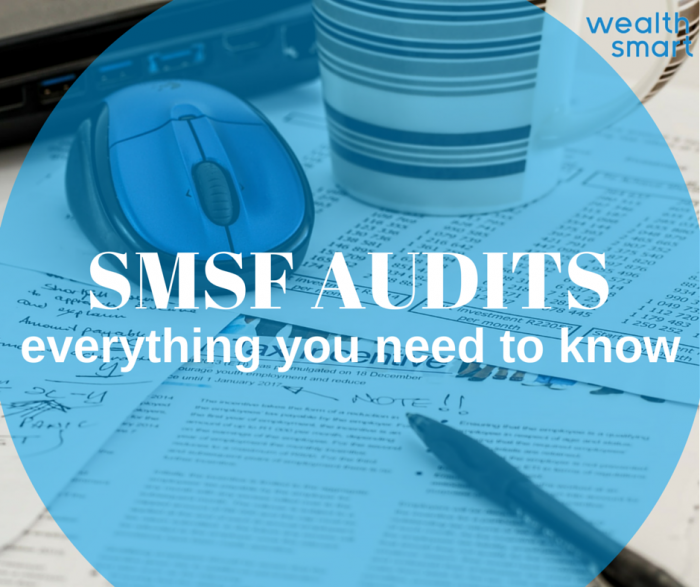- Life Insurance
- Income Protection
- Superannuation
- Superannuation Insurance
- Super Fund Income Protection
- SMSF Insurance
- SMSF Life Insurance
- SMSF Income Protection
- Wealth Smart’s Superannuation Employer Contribution Solutions
- Super Centre
- Consolidating Your Super
- What is Super?
- Salary Sacrificing Super
- Concessional contributions cap
- Your Investment Strategy
- Our Solutions
- Corporate Employee Solutions
- Private Client Solutions
- General Insurance
- Resources
- Insurers
- Contact
- Superannuation Insurance
- Super Fund Income Protection
- SMSF Insurance
- SMSF Life Insurance
- SMSF Income Protection
- Wealth Smart’s Superannuation Employer Contribution Solutions
- Super Centre
- Consolidating Your Super
- What is Super?
- Salary Sacrificing Super
- Concessional contributions cap
- Your Investment Strategy
- Our Solutions
- Corporate Employee Solutions
- Private Client Solutions
Recent Posts
Categories

What is salary sacrifice into Super and how does it benefit you?
SMSF Audits: What to Prepare
One of your key responsibilities as a self-managed super fund trustee is to ensure you have your fund and all relevant accounts independently audited each year. This is a requirement by the Australian Government and the Australian Tax Office (ATO). And beware: not performing an audit can incur significant penalties.
Unfortunately, audits can be a bit of a hassle. If things go wrong, they can go very wrong. We’ve put together this quick guide to help you understand more about the auditing process.

Hiring an auditor
Hiring an auditor each year for your SMSF is a bit of a double-edged sword – it’s great that you don’t have to do the audit yourself, but you do need to be careful you find an auditor you can trust and who does a thorough job.
You can’t do the audit yourself (of course!), so you will need to choose someone who is a licenced financial or tax practitioner and is registered with the Australian Securities and Investment Commission (ASIC). ASIC are strict about who they register as an SMSF auditor, so it’s worth using their official search function to find someone.
Using a disqualified or banned auditor, or someone who isn’t registered at all, can render your audit invalid, leading you to face hefty penalties. And if you choose an auditor because they promise to hide some wrongdoing or dodgy numbers, prepare to be caught out.
Your auditor cannot be a friend or family member. Nor can they be the accountant or financial adviser who generally looks after your accounts and investments.
Preparing your documents
The best way to prepare for your audit is make sure you keep all your documents, receipts and records in check throughout the year. Organisation is key; you’ll be facing a lot of late nights and paperwork if you don’t keep up during the year.
You’ll want to have absolutely everything you can think of ready to go for your auditor, including, but certainly not limited to:
- Receipts from insurance payouts
- Documents on investments and bonds
- Records of rent received
- Mortgages paid
- Loans
Trying to hide something from your auditor is against the law, so not disclosing a document or an investment deal will only get you in trouble. Plus, if you have a good auditor, they’ll be chasing you up for details when things don’t add up.
Reporting the findings
Once your audit has been completed, the auditor will report the findings to you and your other members and trustees. The audit does not need to be submitted to the ATO straight away, but it will help inform your annual return, since findings from the audit will need to be included.
If the auditor believes there’s something wrong with the fund or you have broken the law, they will submit the findings to the ATO and ASIC for further investigation.
An audit isn’t just important for the law, but it is also essential to help you and your fellow trustees assess the health of the fund. With an audit you can better understand whether you are in a position to profit or may need to make some changes to your strategies.
All trustees must be given a copy of the auditor’s report, and you should also provide a copy to your accountant or financial adviser.
Non-compliance
There are severe penalties if you don’t comply with your auditing responsibilities. These penalties range from education all the way to civil or criminal convictions.
Minor offences are generally dealt with through small penalties and an education course from the ATO to help you better manage your fund. But if your auditor finds significant issues which are reported to the ATO, you may lose control of the fund entirely, have your assets frozen, or even be disqualified as a trustee.
This is why everything listed above is so important. Here are the best ways to stay out of trouble:
- Choose a trustworthy auditor
- Ensure all your documentation is in check
- Submit your annual return on time with accurate findings from the audit
There are a lot of regulations around SMSF. And with plenty of supervision from the ATO and ASIC, the risk of losing your life savings isn’t worth the risk of doing something dodgy with your SMSF.
Find out about your insurance responsibilities as an SMSF trustee and the more technical aspects of an SMSF.
If you’re looking to take up Life Insurance through your SMSF, contact one of our insurance advisers today for more information. Alternatively read up more about SMSF with our SMSF resources.

